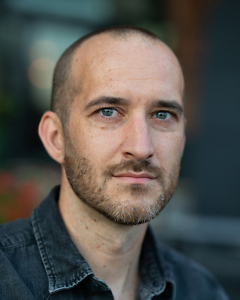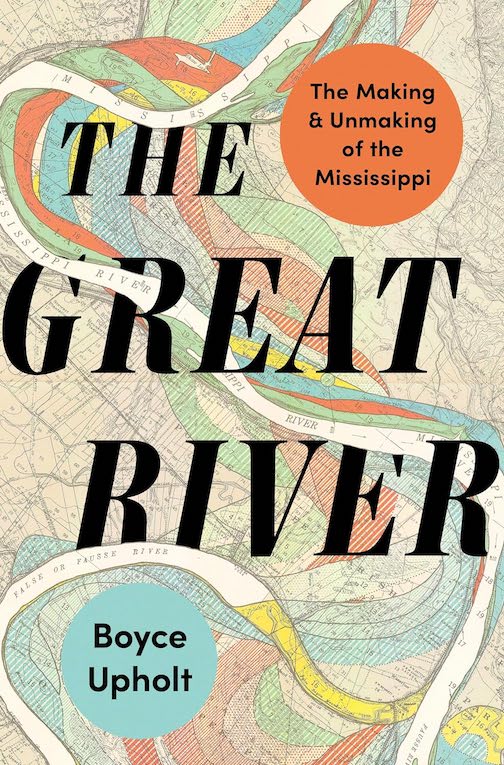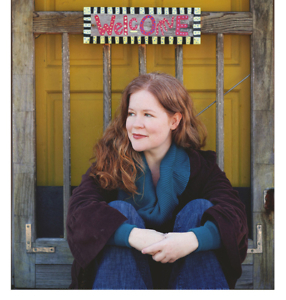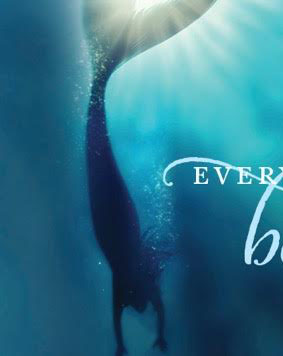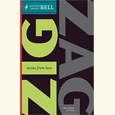Fun and Games and … Physics?
John Scieszka talks with Chapter 16 about his seriously entertaining new tale for young readers
Jon Scieszka is the author of more than fifty books for young readers, starting with The True Story of the Three Little Pigs (illustrated by Lane Smith) and continuing through several popular series and stand-alone titles. In 2008 he served as the first U.S. National Ambassador for Young People’s Literature. Frank Einstein and the Antimatter Motor is the first book in a new series focused on science whiz-kid Frank Einstein and his Grampa Al. Frank creates two robots to help him make an antimatter motor in hopes of winning a science prize which will earn enough money to pay Grampa Al’s mortgage, but his nemesis, T. Edison, is determined to thwart him.
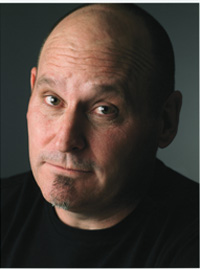 Scieszka grew up with five brothers and is dedicated to writing books that all children, both boys and girls, will read. In 2001, concerned that boys tend to read less and less starting in middle school, he founded Guys Read, a web-based literacy program intended to keep boys reading. He recently answered questions about the program—and his own writing—via email.
Scieszka grew up with five brothers and is dedicated to writing books that all children, both boys and girls, will read. In 2001, concerned that boys tend to read less and less starting in middle school, he founded Guys Read, a web-based literacy program intended to keep boys reading. He recently answered questions about the program—and his own writing—via email.
Chapter 16: Your Guys Read initiative has been around for a number of years now. How’s it going? Are the goals and objectives you had when you started it the same today, or have you modified them?
Jon Scieszka: Guys Read is succeeding beyond my most optimistic dreams. Ten years ago, when it first went live, no one was even talking about the connection between gender and reading. So that was our very first mission—to start the discussion. Now the topic of boys and reading is being addressed around the globe. Serious research is being done. Teachers, librarians, parents, and booksellers are all working on ways to reach boys. And help them read.
Another great step in boys’ literacy in the past ten years has been the expansion of what we consider “reading.” Nonfiction, sci-fi, graphic novels, audio, magazines, and digital text have absolutely boomed. Boys, and all readers, have all kinds of great choices. Our goals and objectives have stayed pretty much the same: have the discussion about how gender might be a factor in reading, expand the definition of reading to include all kinds of genres and texts, let boys have a choice in what they read, and provide positive male role models.
We still have a lot of work to do to get boys reading, but I’m thrilled so many people are now helping. And I’m most thrilled with the Guys Read Library of Excellent Reading—now five volumes of ten stories each by the most amazing collection of writers and artists.
Chapter 16: Your books are noted for their humor. Do you have to work for that humor, or does it come naturally?
Scieszka: I have a harder time not writing humor than writing humor. If people aren’t laughing, it makes me nervous. But contrary to what a lot of people think, it is not easy to write humor. It is the same kind of ditch-digging as writing anything. To make it really good you have to write and rewrite and rewrite some more.
I have been having all kinds of fun writing the Frank Einstein series. Robots, chimpanzee CFO, crazy inventions—but in the middle of Book 1, about the fourth or fifth or twenty-eighth rewrite, I realized again, like I always do, that writing is a very hard and very anti-social job. You have to hide yourself away, and get that story in your head down on paper. One. Word. At. A. Time. Excruciating!
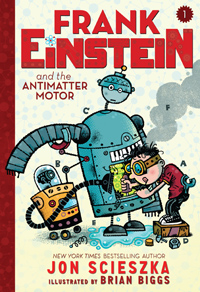 Chapter 16: You used to be a teacher and obviously not only like but also respect young people. How have interactions with kids influenced what and how you write?
Chapter 16: You used to be a teacher and obviously not only like but also respect young people. How have interactions with kids influenced what and how you write?
Scieszka: My experience having been a teacher for ten years (first grade through eighth) has shaped every one of my books. Living with kids every day, seeing what they are capable of, made me realize they are the best audience. Change is possible. It also helped me realize kids are not all sugar and spice. They are also mean, and sad, and goofy, and insecure, and smelly, and stupid, and joyous, and crazy.
Chapter 16: And the kids in Frank Einstein and the Antimatter Motor are all those things! Many of your recent books, including Frank Einstein, include factual information woven into the plot. How do your readers—both the young readers who are your prime audience and the adults who purchase the books—react to this way of learning? Do kids find it cool to learn these facts, or do they get so caught up in the story that they don’t notice they’re actually learning about physics or math?
Scieszka: Another thing I learned from kids when I was a teacher was how to preserve the fun of learning. And it’s all about being curious, being willing to ask questions, being willing to accept ideas/answers/thoughts that might not have occurred to you. So in my books I love to include real history in the Time Warp Trio, and real science in Frank Einstein and the Antimatter Motor. It’s what excites kids (and any learner)—learning with a purpose.
Chapter 16: This is certainly one of the reasons that teachers enjoy having you visit their schools. You made a lot of presentations, too, during your term as His Excellency, the National Ambassador for Young People’s Literature. What was your favorite part of that year?
Scieszka: I think my favorite part about being the first National Ambassador was just being called Ambassador Scieszka. And the bowing salaam that my randomly-appointed Vice Ambassador Dave Shannon taught kids to give me was the most amazing expression of that Ambassador address. That’s Dave you hear laughing in the background. He told the kindergartners that this is how you say hello and goodbye to an ambassador.
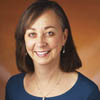
Tracy Barrett is a writer who lives in Nashville. Her twentieth book for young readers, a Cinderella retelling entitled The Stepsister’s Tale, was published in June 2014 by Harlequin TEEN.
